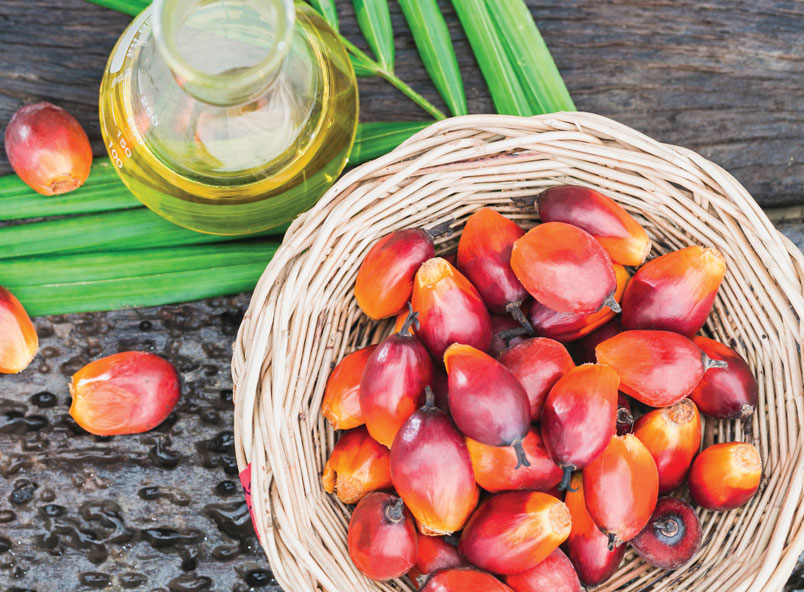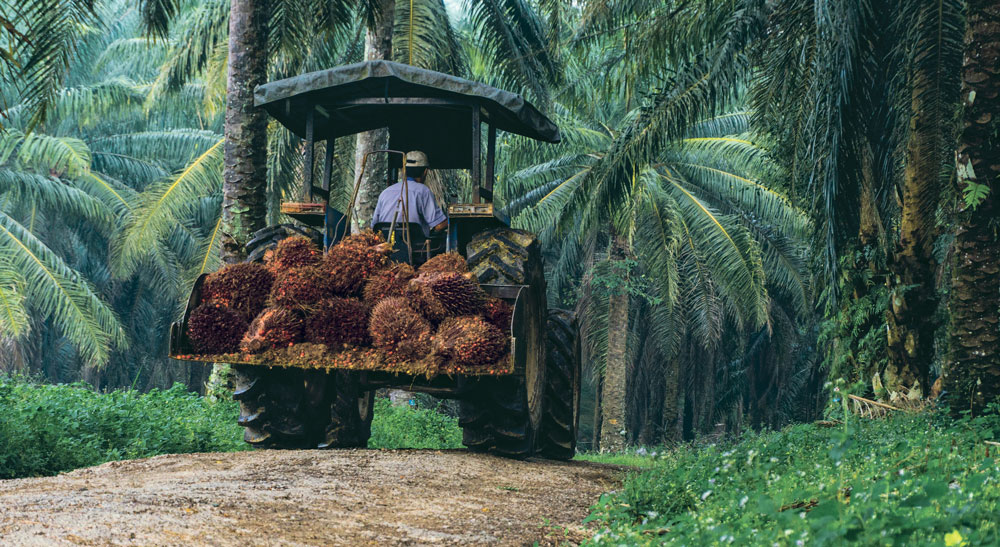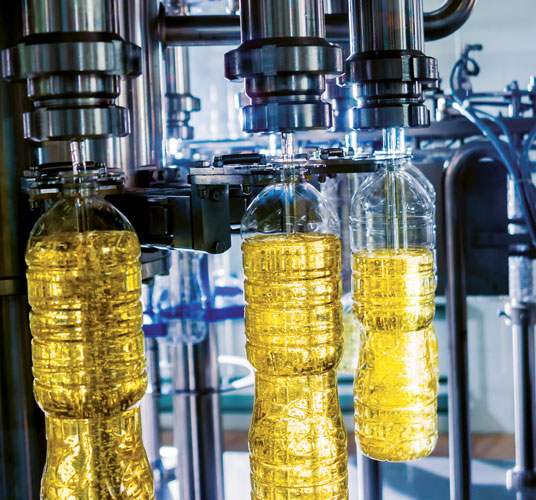



The ‘Amsterdam Declaration’ – in place since 2015 and signed by major European governments including Germany, France, the UK, the Netherlands and Italy – is the roadmap to a ‘Fully Sustainable Palm Oil Supply Chain by 2020’.
It is essentially an attempt by these governments to push for only certified sustainable palm oil (CSPO) – which, at the time, was quite clearly defined only as ‘RSPO’ – in all supply chains in their countries by 2020. This meant, in practice, establishing government action (e.g. in public procurement) and pressure on the private sector (many large European members of the RSPO were also loud supporters of the Declaration).
In the most generous view, the Declaration has 12 months to achieve its goal – if we take ‘2020’ as possible, including all 12 months in this calendar year. How is the Declaration faring; has it improved the situation in Europe for oil palm growers who were under siege from anti-palm oil campaigns; and what can be done to improve the Declaration as the deadline looms?
Producing countries have made extraordinary steps forward in poverty alleviation, rural development and environmental protection. It is time for these efforts to be properly recognised.
One of the early concerns around the Declaration was that it was a tool for increasing the EU’s control over palm oil production and the supply chain: in other words, the EU governments would push for excluding all oil, except RSPO, and then look to influence others around the world to do something similar.
Indeed, the Declaration’s Point 7 was reasonably explicit, stating that: ‘We will encourage engagement … with major producing countries and major importing countries like India and China on strengthening responsible and sustainable production in the palm oil supply chain and shifting demand towards sustainable palm oil in the world market.’
That concern has, to some extent, been borne out. The engagement of other sustainability schemes – such as the MSPO in Malaysia and ISPO in Indonesia – have not been warmly welcomed or embraced by the Declaration signatories. This is despite the clear language in the original 2015 Declaration, which states: ‘2. We encourage all stakeholders to support the improvement and further development of sustainability standards towards sustainable palm oil production.’
Malaysia and Indonesia have done this, and yet no one involved in the Declaration has grasped this opportunity to widen the sustainability worldview to include these new efforts. Could it be that the Amsterdam signatories are, in fact, only interested in sustainability initiatives that are conceived in – and under the control of – Europe?
A related concern is the ongoing anti-palm oil campaigns in Europe. Now that seven major European countries are signatories to the Declaration, the question remains whether it can really be a partnership or a bridge between the signatories with palm oil producing countries. The aftermath of the EU is the Revised Energy Directive II, and its Delegated Act will be a litmus test for its continued relevance, especially in the contest of EU relevant policies and regulation affecting palm oil.

Where’s the quid pro quo?
The Declaration was seen, and promoted, at the time as an opportunity to focus on a positive vision for palm oil in Europe, and a collaboration that could take the industry forward. In other words, if producing countries supported the European vision, and committed to sustainability, then the anti-palm oil lobby would be defeated. That emphatically has not happened.
The commitments made in ASEAN have been manifold – CSPO production increases year-on-year; Indonesia announced a moratorium on development; Malaysia announced a cap on oil palm expansion; both countries developed mandatory sustainability standards; several major companies announced ‘No Deforestation, No Peat and No Exploitation’ (NDPE) commitments; and so on.
Yet, the attacks by Greenpeace, and other European-based NGOs have continued unabated. Worse, the governments who signed the Declaration have not fulfilled their side of the bargain by defending the palm oil sector or correcting the falsehoods of the environmental lobby.
Why does this matter? Simply, because the Declaration was supposed to herald a partnership and cooperation – “We will encourage engagement through development relations and dialogues on trade relations at European and signatory state level with major producing countries” – but that only works if trust on both sides is built and maintained.
The increasing demands – followed by turning a blind eye to anti-palm oil campaigns after producing countries had committed to meeting the demands – have eroded trust in the Declaration and the EU governments who backed it.
Small farmers across Indonesia and Malaysia have protested; government Ministers have complained; and the media have focused on the EU’s efforts to exert control and dominance without giving the necessary assistance and respect to its ASEAN partners. Overall, trust has been eroded significantly, and this element can clearly be said to have failed.
None of this helps meet the goals set out in the Declaration. It needs buy-in and genuine cooperation from all sides. How can the EU, working with ASEAN producers and governments, and the European industry, get the Declaration back on track?
First, those in Europe need to switch to listening mode, rather than simply pointing a loudhailer labelled ‘Sustainability’ at Southeast Asia. Understand the concerns of ASEAN governments, businesses and farmers.
Second, accept that neither the EU nor the RSPO has a monopoly on the meaning of ‘sustainability’ in the palm oil context. The MSPO and ISPO are young standards comparably, but both represent significant progress in their own ways.
Similarly, the announcements of moratoriums, caps on expansion, NDPE commitments and so on, deserve recognition in a proper and formal manner by those committed to the Declaration. Such public support, recognition and encouragement from European leaders could help to rebuild trust and push momentum forward inside producing countries.

Third, apply the same standards of critical thinking to the opponents of palm oil that are currently applied to producers. When firms are accused of wrongdoing (sometimes fairly, sometimes not), European politicians and media are quick to jump on this. When NGOs tell clear falsehoods in the European media, in an attempt to gin up opposition to oil palm cultivation writ-large, silence reigns.
This is by no means an exhaustive list – the debate around sustainability has many, many more detailed and nuanced facets, each of which requires scrutiny. The Amsterdam Declaration, though, is in many ways a symbol of where the debate is heading, at a higher level.
No one in Southeast Asia is asking for a free ride: but we are asking for genuine cooperation and engagement, not lip service. We are asking for a proactive and positive approach not merely criticism and never-ending NGO reports. We are asking for Europeans to accept – and put into practice – the principle that definitions of ‘sustainability’, ‘responsibility’ and so on are not owned by Brussels or Rotterdam (or even Amsterdam).
Producing countries have made extraordinary steps forward in poverty alleviation, rural development and environmental protection. It is time for these efforts to be properly recognised.
Council of Palm Oil Producing Countries
Jakarta, Indonesia
This blog piece was posted on Dec 30, 2019.